He played FIFA on his PlayStation, coded websites in his bedroom, and walked to daily Mass before most kids woke up. Carlo Acutis might sound like someone you’d meet at school, but he’s on track to become the first millennial saint in Catholic history.
His canonization was originally scheduled for April 27, 2025. But following the death of Pope Francis in April, the ceremony has been postponed indefinitely. The College of Cardinals will elect a new pope who will be responsible for setting the future date.
Much of Carlo’s canonization process happened under the leadership of Pope Francis, who beatified him in 2020 and officially recognized his first miracle. Francis had great admiration for young people who used modern tools for evangelization. Carlo was one he often pointed to as a role model. Even with the delay, students and teachers at Walsh Jesuit say Carlo’s story is already having an impact.
“He had no one keeping him accountable for doing good things,” said junior Renee Brown. “It is inspiring to see people at such a young age with such little influence loving Jesus. His family did not even go to church often, which just shows how dedicated he truly was. He did it out of love and true compassion for others,” she continued.
Carlo Acutis was born in London in 1991 and raised in Milan, Italy. Although his parents were not religious, Carlo developed a deep love for the Catholic faith early in life. He taught himself to code, created digital projects about the Eucharist, and committed to helping others. He also made time for video games, but limited himself to one hour per day so he could spend more time in prayer or serving the poor. Wow!
His biggest project was a website cataloging Eucharistic miracles around the world. This has since been translated into many languages and accessed by millions of Catholics. Some students wondered whether Carlo would have made the same impact if he had lived before the internet.
“I think he would have had a similar impact before the internet, but not identical,” said junior Claire Gardner. “He would have changed the lives of many, and I think his relationship with Jesus would be just as strong, but not as public. His websites would have never been a thing, which is a part of his legacy on the Church,” she reflected.
In 2006, Carlo Acutis was diagnosed with leukemia. Before his death, he told his parents he was not afraid, saying he had not wasted his time doing things God did not approve of. He died later that year, at just 15 years old.
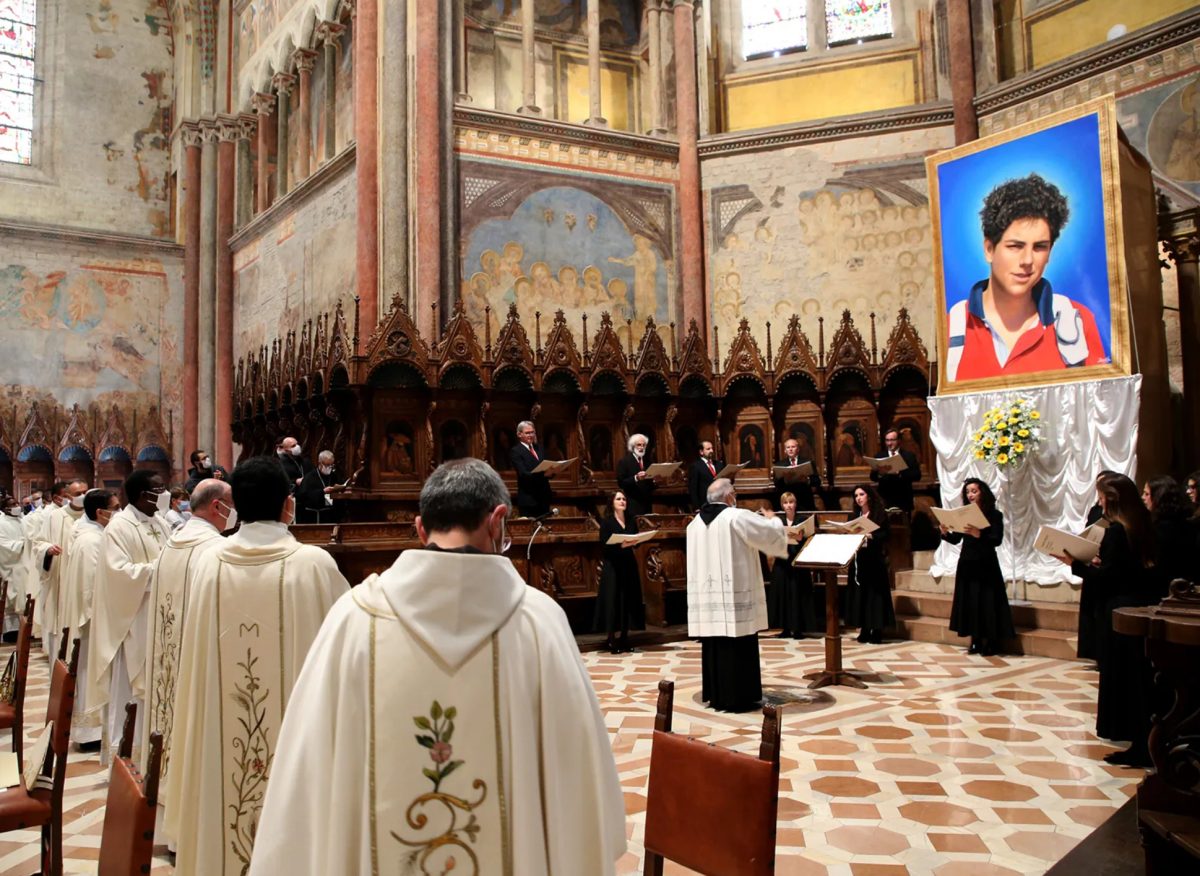
Stories of miracles began surfacing almost immediately. One involved his mother, who became pregnant with twins after Carlo’s death. This and other reports were submitted to the Vatican’s Congregation for the Causes of Saints, and so the Church began investigating his life. In 2020, Pope Francis approved the first miracle attributed to Carlo, allowing him to be declared “Blessed.” At Walsh Jesuit, some faculty see parts of his story in the lives of students they work with every day.
Fr. O’Brien, who teaches theology, believes Carlo represents something powerful and relatable to young people.
“Carlo’s life challenges the perception that sainthood is distant or unattainable because he lived a fairly normal life for a teenager,” he said. “Coming from a non-religious family, he developed an interest in both secular and spiritual things and found a way to bring the two together in his internet projects. Really, his life looks much like the lives of some young people whom I’ve met, including students at Walsh Jesuit. Finally, I would say that any of us can choose to focus as Carlo did on the things of God and sharing them with others.”
Carlo’s body is buried in Assisi, Italy, where visitors from all over the world come to pray and learn about his story. Many now refer to him as the “patron saint of the internet.”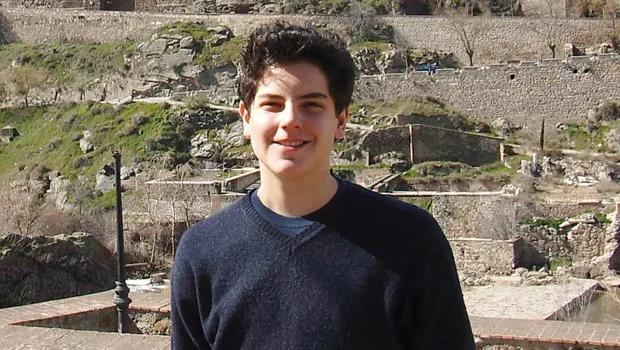
Mrs. Trena Marks-Pacetti, a theology teacher, believes his canonization has the potential to reshape how young people see faith and themselves.
“Being the first Millennial Saint, Carlo Acutis’s story offers a modern-day account of a real person who today’s younger generations can relate to and be inspired by,” she said.
She believes the Church is sending a powerful message by recognizing Carlo. “His canonization shows that the saints are not superhuman, old, unrelatable, holy people who we could never aspire to be like! It also shows that sainthood is not reserved for priests or nuns. This can inspire young people to see their own potential for holiness and to pursue a relationship with God right where they are.”
She also pointed out that Carlo reflects what many teens today are really looking for. “Young people today often crave authenticity more than formality,” she said. “Carlo was known for his authenticity, kindness, humility, and devotion to the Eucharist, which is a model for how holiness can look in everyday life.”
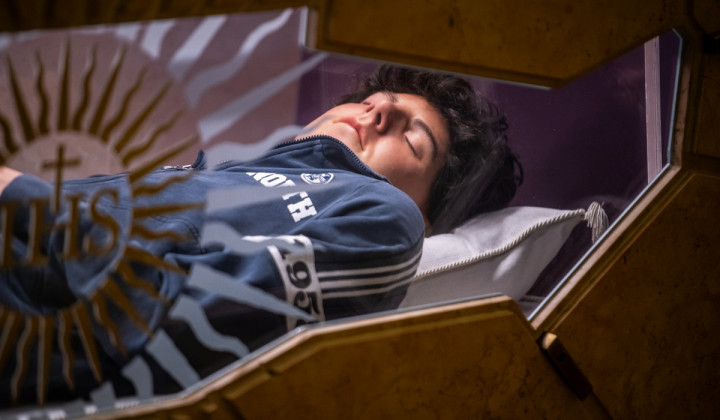
But perhaps what stands out most is how he remained grounded in his suffering. Mrs. Pacettit said, “His story makes faith feel real and personal, rather than abstract or unattainable. Carlo stayed tethered to Christ in his suffering from leukemia, which was a reflection of his strong faith, relationship with God, and connection to the Church.”
“This is something that people all over the world, no matter how old they are, need to see and learn about today, namely that God accompanies us in our struggles.” Mrs. Pacetti added that, “in Carlo, we see an example of how Christ is so alive and present in our world when even an ordinary teenager is open to his love and presence.”
Her final reflection captured what makes his story so enduring. “Carlo represents a hopeful, joyful expression of faith that is deeply attractive to those seeking more than what the secular world offers.”

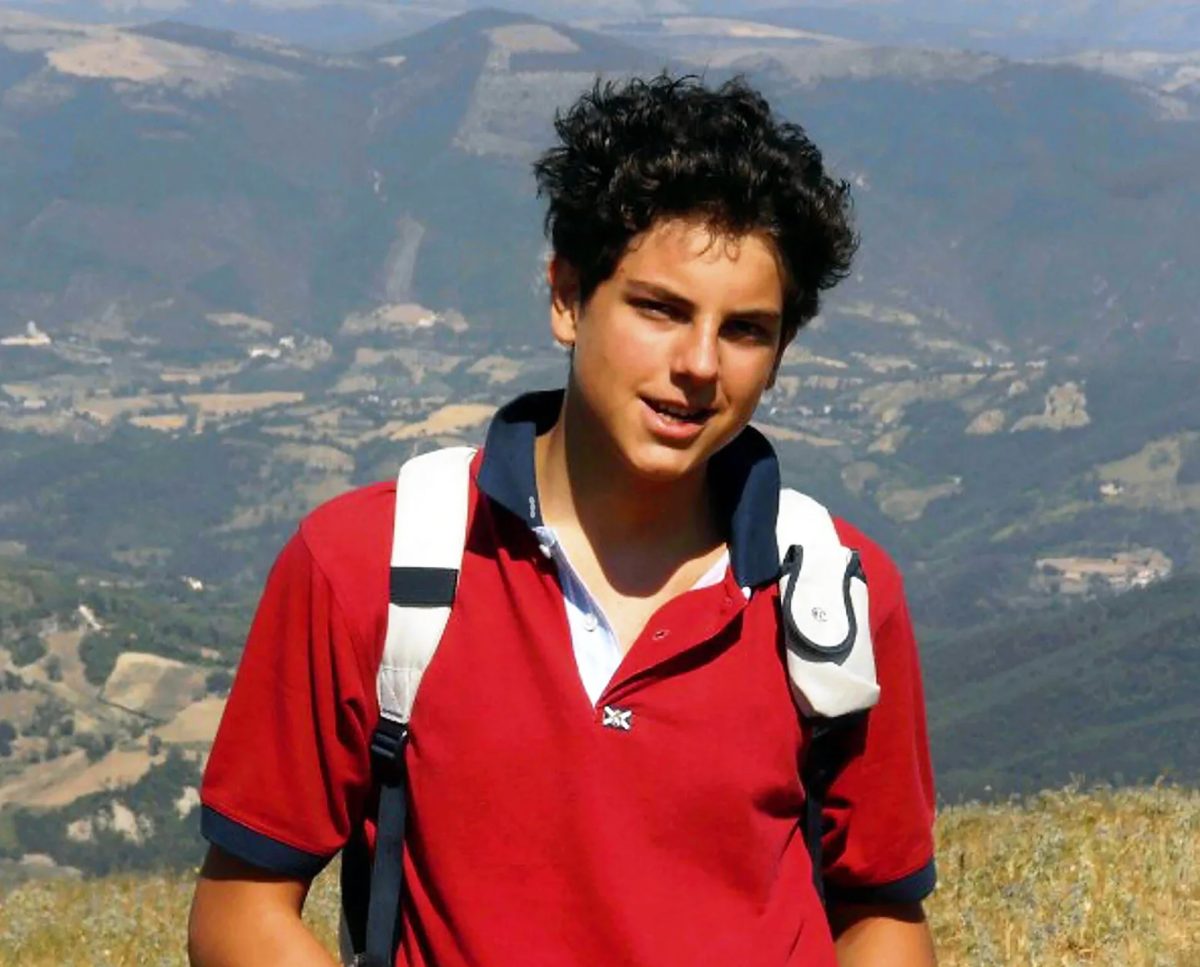




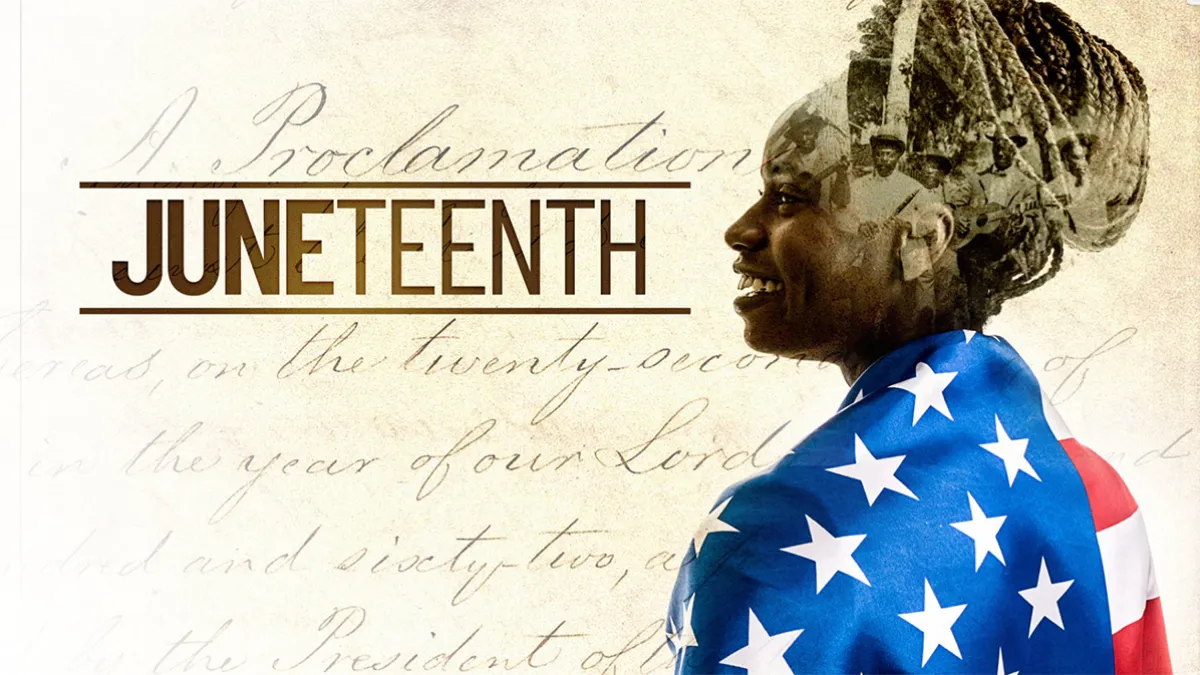

Milan Parris • May 9, 2025 at 2:46 pm
It’s crazy how young Carlos lost his life and did so much good in such a short amount of time,
Jayden Mcfeeture • May 9, 2025 at 2:46 pm
This was a crazy canonization and I can’t wait to see what the future leads to.
Luke • May 9, 2025 at 2:43 pm
It’s crazy to think that someone can become a saint this young and makes me look at my own life.
Camila soto • May 9, 2025 at 12:40 pm
I wonder how many more younger people will be canonized later on in our lifetime
Morgan Jamison • May 9, 2025 at 9:35 am
I wonder when his canonization will get moved to since it was postponed.